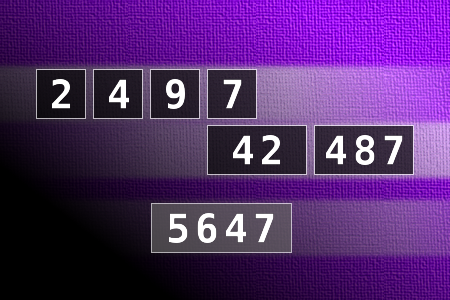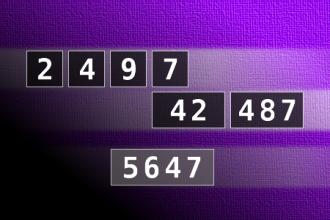Calculate the number 5647
NUMBERMANIA: Calculate the number 5647 using numbers [2, 4, 9, 7, 42, 487] and basic arithmetic operations (+, -, *, /). Each of the numbers can be used only once.
The Skin Graft
A married couple was in a terrible accident where the man's face was severely burned. The doctor told the husband that they couldn't graft any skin from his body because he was too skinny. So the wife offered to donate some of her own skin.
However, the only skin on her body that the doctor felt was suitable would have to come from her buttocks.
The husband and wife agreed that they would tell no one about where the skin came from, and they requested that the doctor also honor their secret. After all, this was a very delicate matter.
After the surgery was completed, everyone was astounded at the man's new face. He looked more handsome than he ever had before! All his friends and relatives just went on and on about his youthful beauty!
One day, he was alone with his wife, and he was overcome with emotion at her sacrifice. He said, "Dear, I just want to thank you for everything you did for me. How can I possibly repay you?"
"My darling," she replied, "I get all the thanks I need every time I see your mother kiss you on the cheeks.

